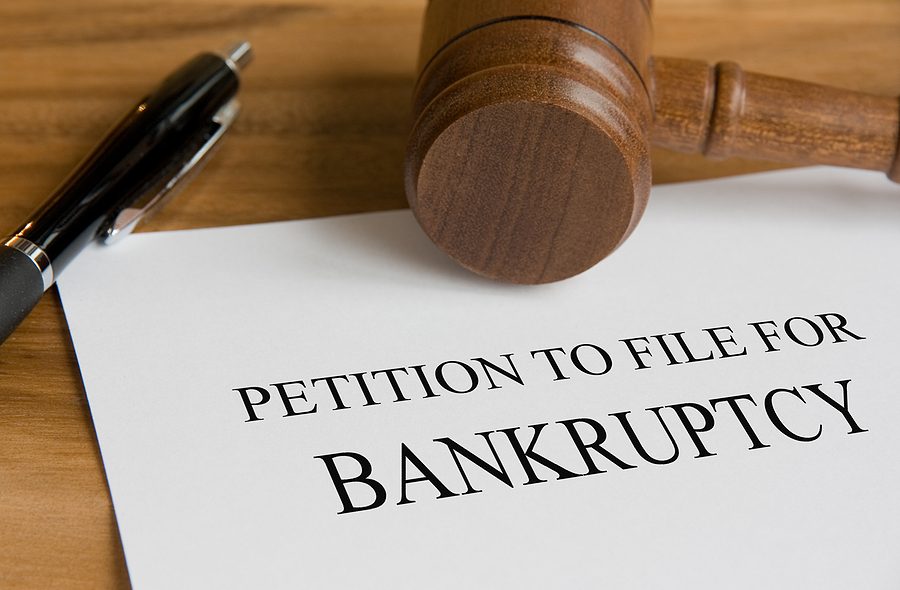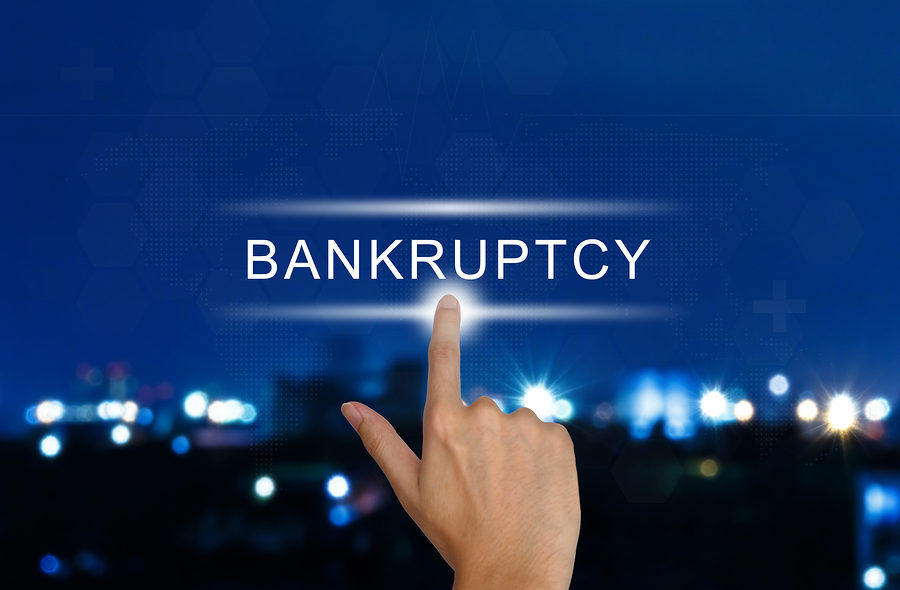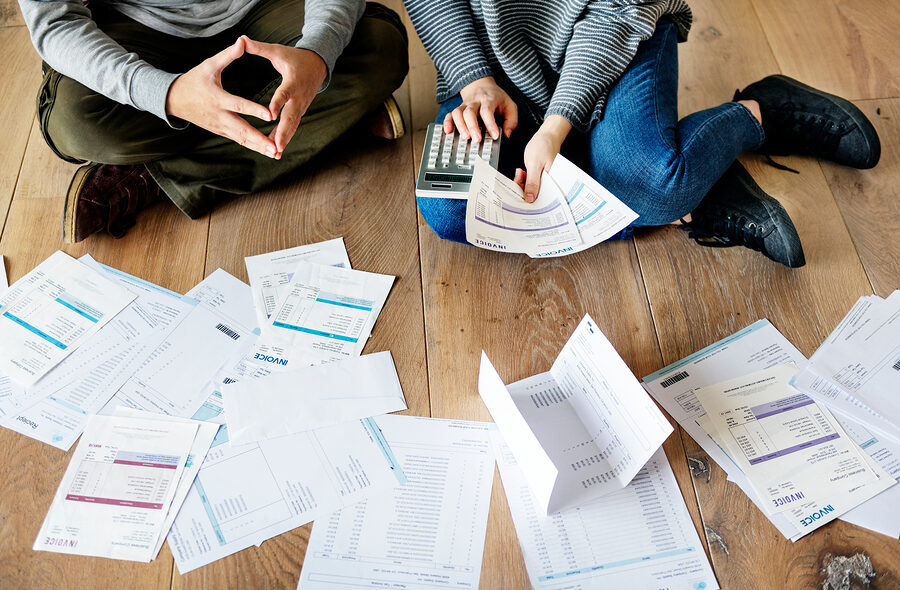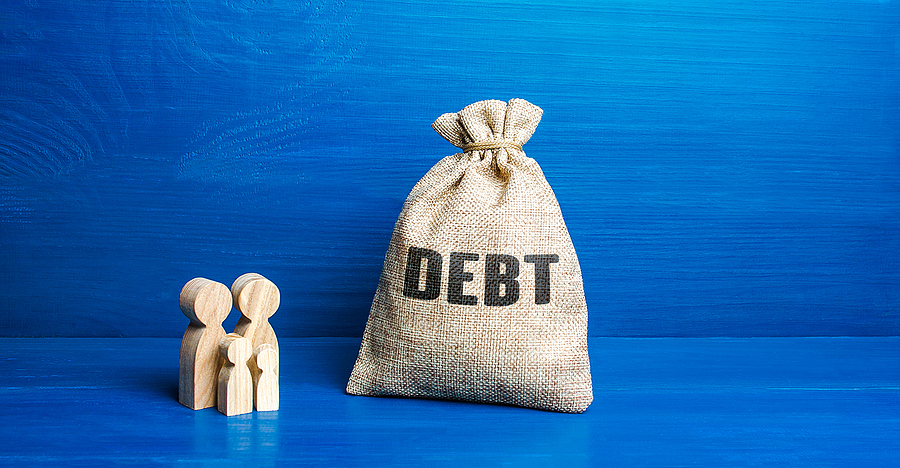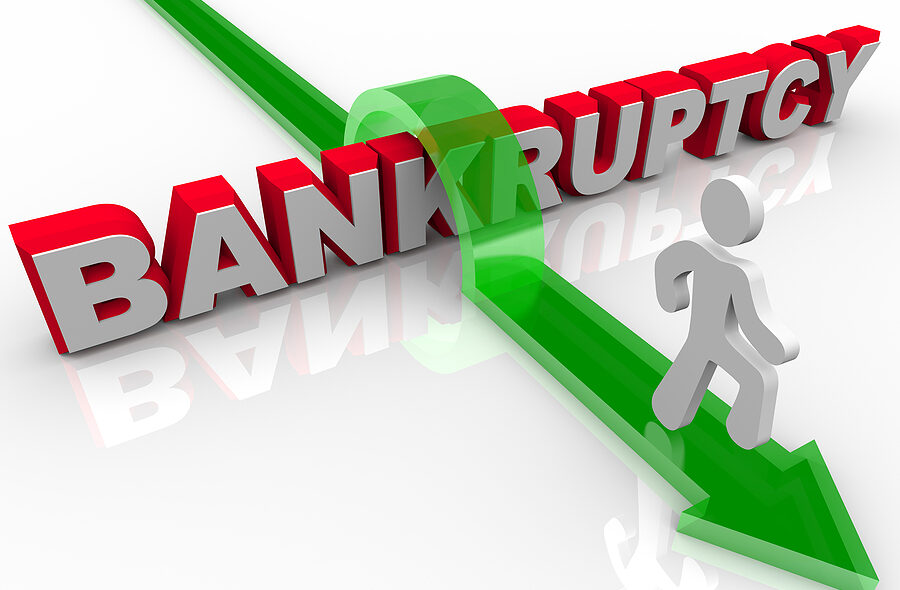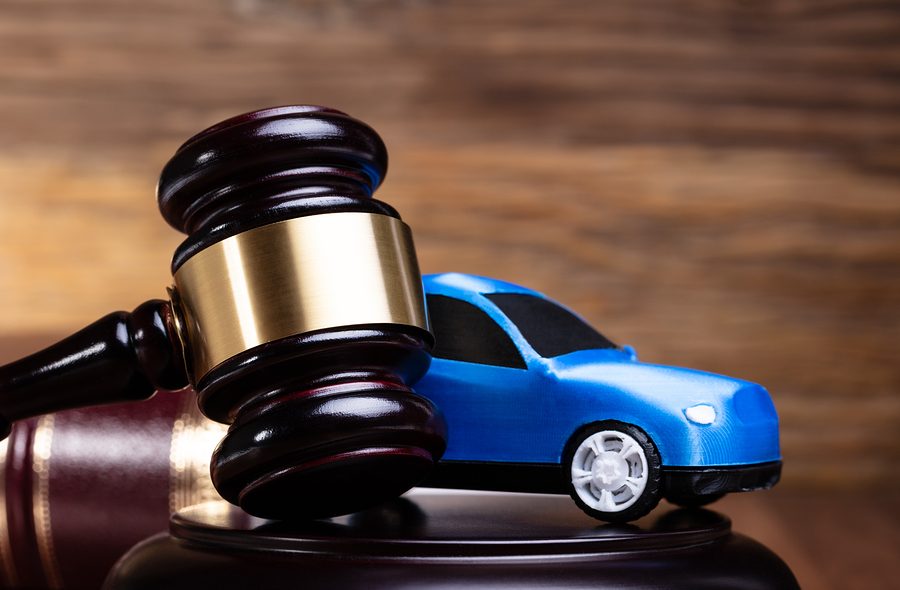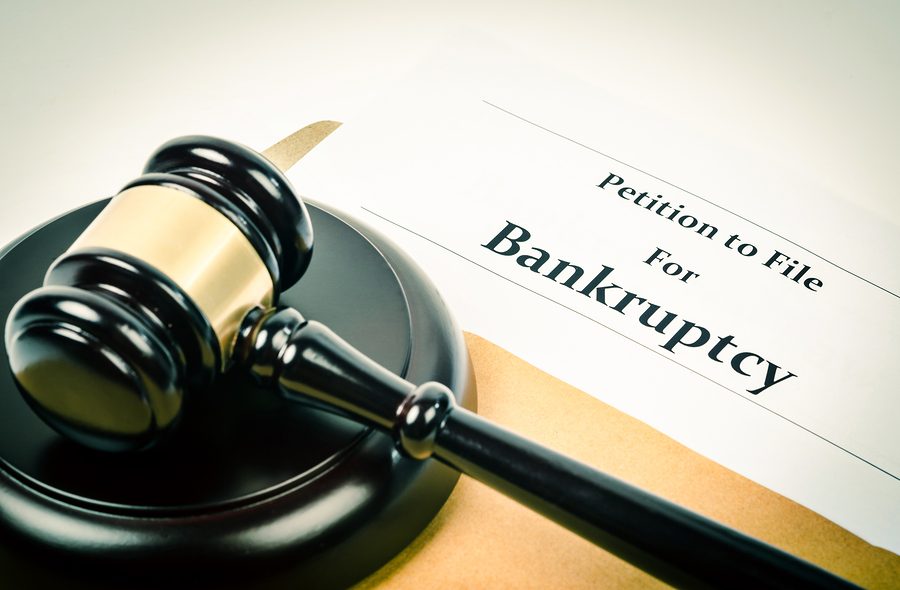Bankruptcy filings have fallen to levels not seen since the mid-1980’s. The low number of filings are credited to the government aid and stimulus checks issued since the COVID-19 pandemic.
According to statistics from the Administrative Office of the U.S. Courts, 462,309 individuals and companies filed for bankruptcy in the fiscal year ending June 30, 2021, which is a 32 percent decrease from the previous year. The office also noted that this figure was the lowest one reported for a 12-month period since 1985.
Personal bankruptcy filings decreased 33 percent to approximately 444,000 over the course of a year. Business filings similarly declined, although by a lower percentage. Business bankruptcy cases dropped by 17 percent to approximately 22,500 filings.

